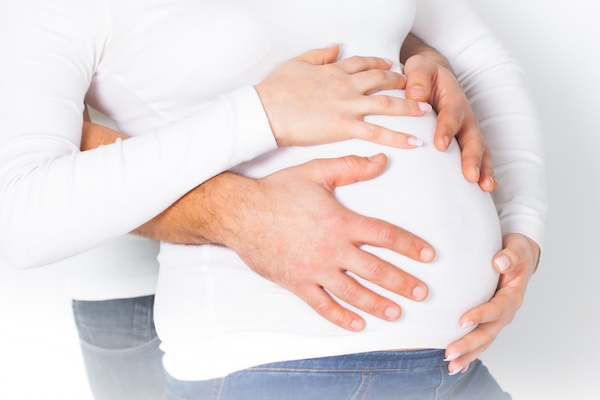
THURSDAY, June 24 (HealthDay News) — Although parents may not be able to stop their teen from experimenting with alcohol, a new study suggests that they do have a lot of influence when it comes to preventing their child from developing a heavy drinking habit.
Based on a survey of almost 5,000 participants aged 12 to 19 years, the finding is reported in the July issue of the Journal of Studies on Alcohol and Drugs by researchers from Brigham Young University (BYU) in Provo, Utah.
After analyzing their poll results, Stephen Bahr, a professor in BYU’s College of Family, Home and Social Sciences, and colleague John Hoffmann, found that parents who are both warm with their children and rigorous about wanting to know where their teen is spending time and with whom are less likely to have teens that engage in heavy drinking (defined as more than five drinks in a row).
Such parents are also more likely to have children that had non-drinking friends.
By contrast, parents who are more “indulgent” — namely, less focused on accountability, but high on warmth — have teens who face a threefold greater risk for heaving drinking.
And so-called “strict” parents who are high on accountability but less warm have double the chance that their teen will drink heavily.
“While parents didn’t have much of an effect on whether their teens tried alcohol, they can have a significant impact on the more dangerous type of drinking,” Bahr said in a university news release.
Hoffmann’s advice for parents is this: “Realize you need to have both accountability and support in your relationship with your adolescent. Make sure that it’s not just about controlling their behavior — you need to combine knowing how they spend their time away from home with a warm, loving relationship.”
The survey also revealed that religious teens were much less likely to drink any alcohol whatsoever.
More information
For more on teen drinking, visit the We Don’t Serve Teens Web site.

